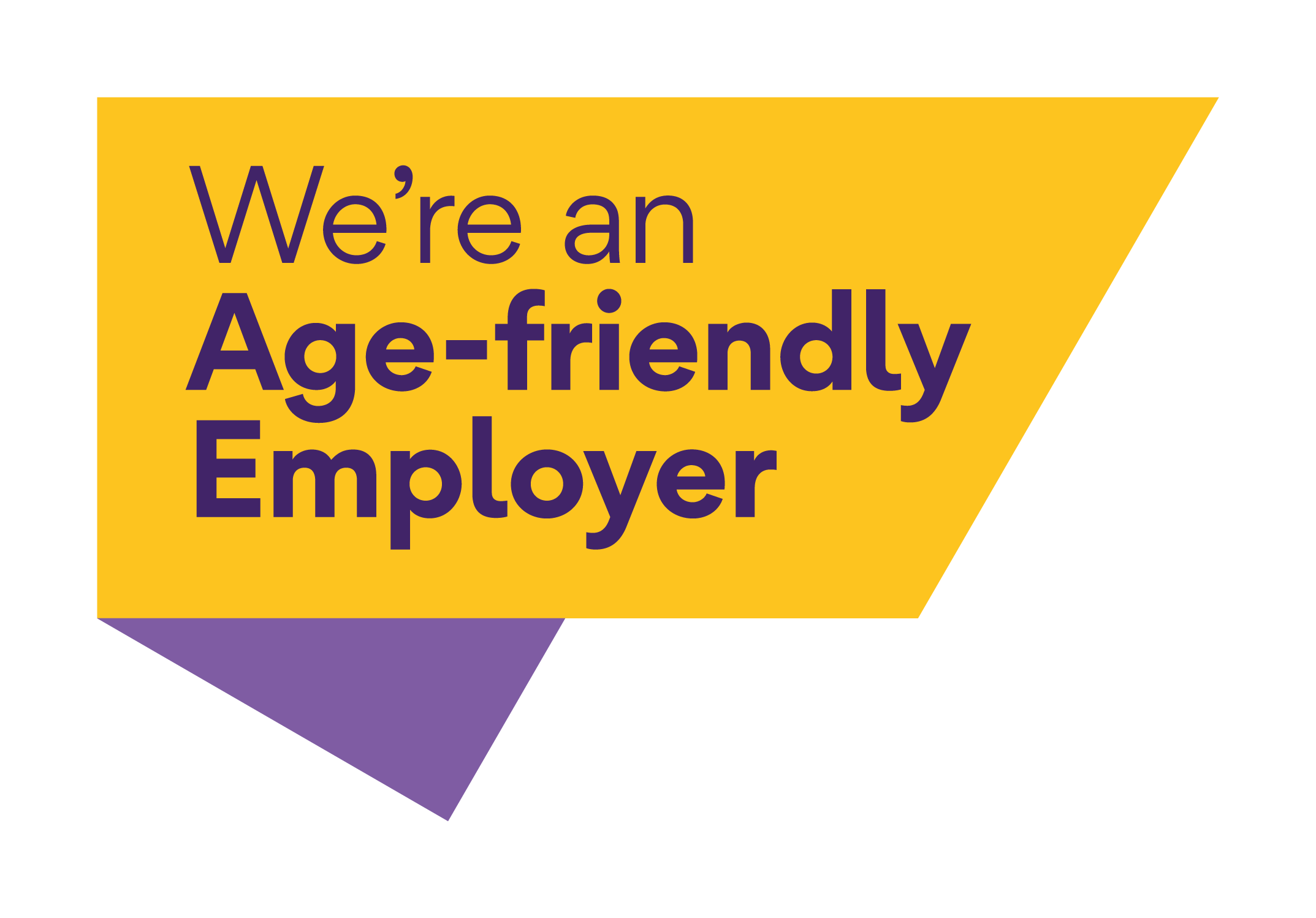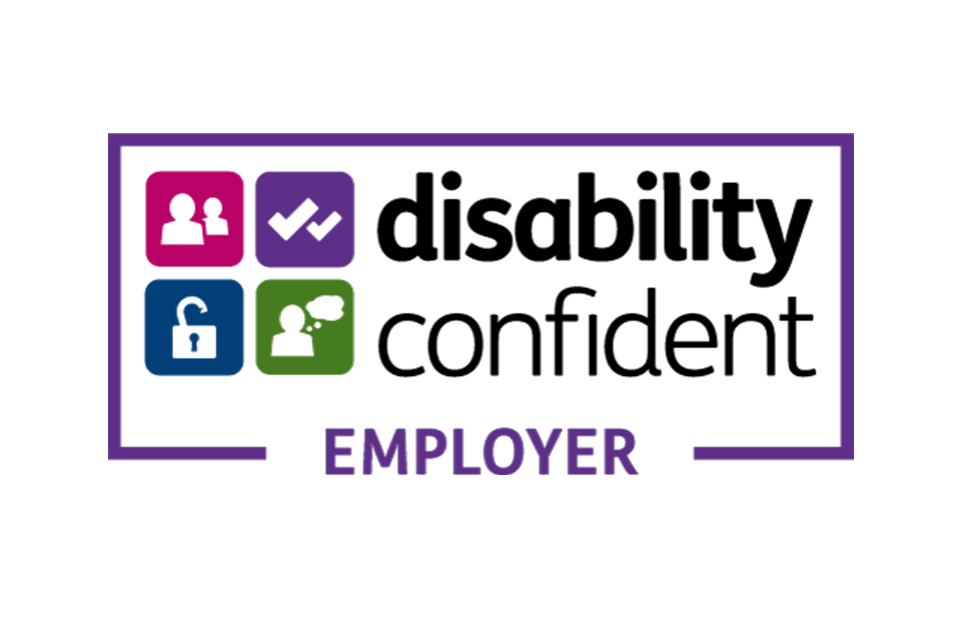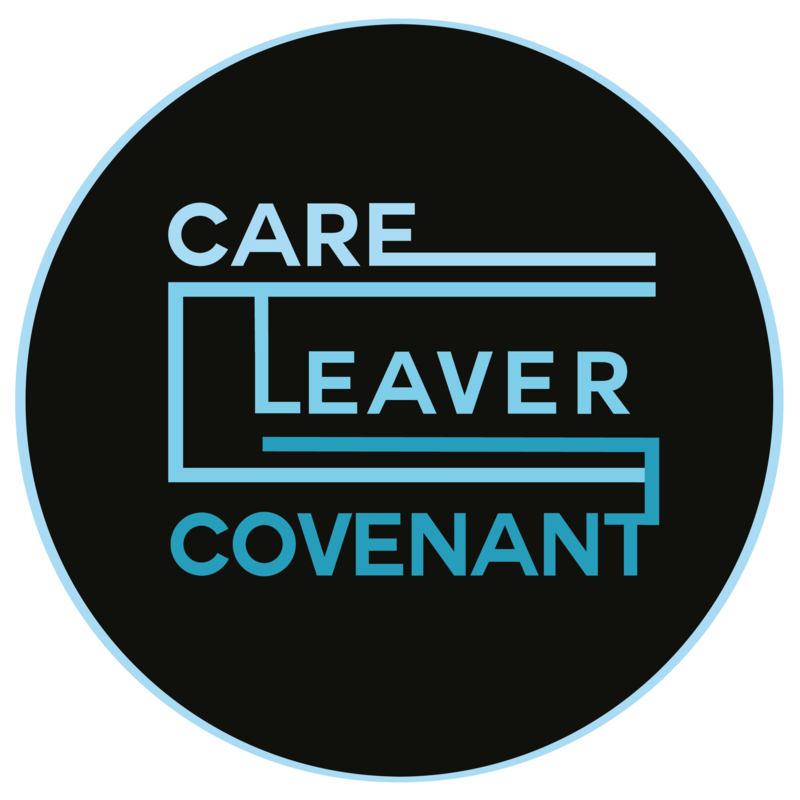Latest news

Latest Vacancies in Health and Social Care – 27 February 2026
Hello everyone, Welcome to our job newsletter, where we feature the latest entry-level opportunities in Health and Social Care across Derby and Derbyshire, as well as the newest apprenticeships. What’s included this week: Paid vacancies in:Administration and reception roles within the NHSCare and clinical support rolesEstates, facilities, cleaning and hotel servicesApprenticeships, including opportunities with local councilsWork experience and virtual […]

Latest Vacancies in Health and Social Care – 20 February 2026
Hello everyone, Here is the latest edition of the Young Careers Newsletter February 2026, which brings together current entry‑level jobs, apprenticeships and work experience opportunities across Health and Social Care in Derbyshire and Derby City. For those receiving this newsletter for the first time, it’s designed for young people, career starters, career changers, and anyone interested in […]

Latest Vacancies in Health and Social Care – 13 February 2026
Hello everyone, Here is this week’s round‑up of entry‑level jobs, apprenticeships, and work‑experience opportunities across Derbyshire and Derby City in Health and Social Care. Please feel free to share with anyone looking to start or develop their career in the sector. In summary, this newsletter has the following content: Administration RolesDental Receptionist & Decontamination Support WorkerCommunity Dental Services […]

Summary of Apprenticeship Levy & Funding Reforms – What is Changing and When
From April/August 2026, the existing Apprenticeship Levy will be re-branded and re-worked as the Growth & Skills Levy — widening the range of training it can fund
*In-development* Employers will be able to spend funds on shorter, modular “apprenticeship units” as well as traditional apprenticeships […]
Our partners
Joined Up Careers Derbyshire brings together health and social care organisations from across the city and county. Visit our partner organisation websites to find out more details of available jobs and careers.
Why work within the NHS
Why work within social care
Download our app
We have developed an interactive app to shine the light on a world of amazing careers within health and care. You can download the app here for your smartphone.















